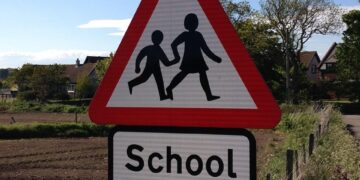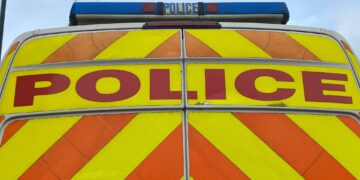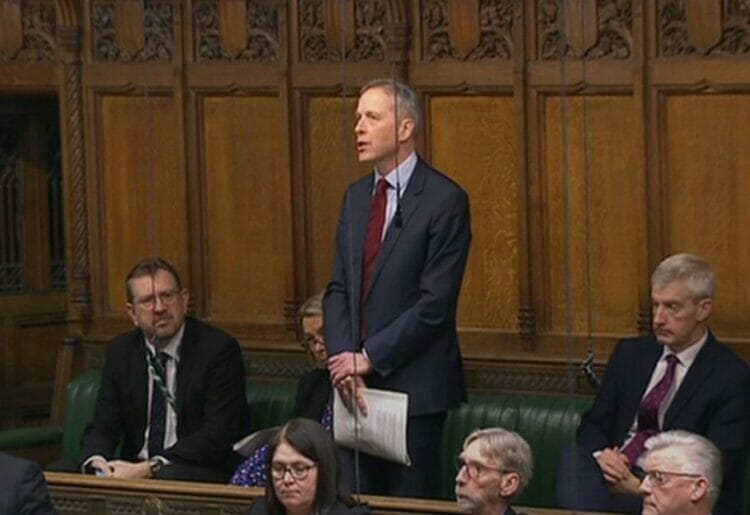READING East MP Matt Rodda accused the Prime Minister of “letting tech companies off the hook” following changes to the Online Safety Bill.
The bill aims to make provisions for regulation of internet services such as social media sites and communications services, and is currently in the committee stage in the House of Lords.
Recent amendments to the bill have seen specific parts designed to tackle online content which is deemed harmful but not unlawful dropped from the proposals.
The clauses were replaced with a “triple shield” proposal which will require online platforms to give users themselves options to “reduce the likelihood” of certain types of content appearing on the platforms.
Current iterations of the proposals do not require these “triple shield” measures to be activated automatically.
It follows campaigns by Olly Stephens’s father, Stuart Stephens, in which he was joined by Mr Rodda in calling for the government to hold social media companies responsible for harmful content shared.
Mr Rodda raised the issue during Prime Minister’s Questions in Parliament on Wednesday, March 8, citing cases such as Olly’s murder as examples of the harm that “legal but harmful” content can cause.
Mr Rodda said: “My constituent, Olly Stephens, was just 13-years-old when he was stabbed and brutally murdered in a local park, just yards from his home.
“The two boys who attacked him had shared dozens of pictures of knives online before the attack.
“So can the Prime Minister explain to me why the government’s removed the measures to tackle this sort of dreadful content from the Online Safety Bill?”
Mr Sunak responded by saying: “I’m very sorry to hear about the case that the honourable gentleman raises and my thoughts are with Olly’s family.
“He’s absolutely right that we should do everything we can to tackle the scourge of knife crime, and that’s why, for instance, this government brought forward new powers to improve police’s use of stop and search.”
Mr Sunak said that these powers had seen a “major difference” and that “violent crime is down considerably over the last few years.”
The PM said that the safety bill went “further than any other country has gone to make sure we are protecting children online.”
He also said that the bill had been “praised” by the children’s commissioner.
Following the exchange, Mr Rodda said: “In PMQs I asked the Prime Minister why the Government has removed ‘legal but harmful’ content from the Online Safety Bill.
“The Government’s removal of ‘legal but harmful’ content ultimately fails our children and lets tech companies off the hook for hosting harmful content.”
He explained: “The boys who murdered my 13 year old constituent, Olly Stephens, shared dozens of pictures of knives before attacking him.
“Images which glamorise knives and knife crime are examples of ‘legal but harmful content’, which we should be protecting children from.”
Despite Sunak’s assurance that he would be “happy to look at the specific issue [Rodda] mentions,” Mr Rodda said that the Prime Minister “could not explain to me why ‘legal but harmful’ provisions were removed, or reassure me that they will be returned.”
The Online Safety Bill is now undergoing the committee stage in the House of Lords, which will see it subjected to ‘line-by-line’ scrutiny.
The findings will be laid out in the report stage before it sees a third and final reading in the Lords.
Full details about the bill can be found online via: bills.parliament.uk/bills/3137























